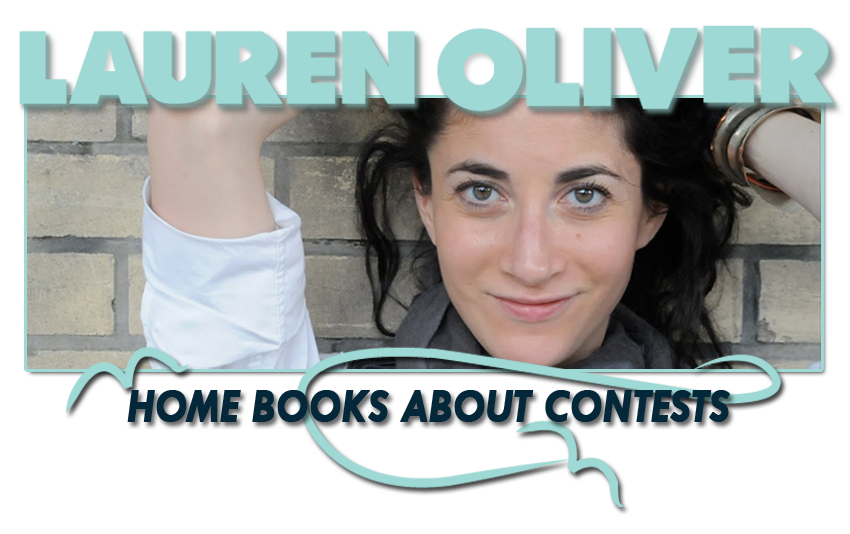My last writing workshop focused on one technique for helping you stay the course: figuring out what is going to happen (at least roughly) before you're forty pages and eight characters in and have no idea how to move forward, sideways, or even backwards. (Check out the post here.)
I'm a huge advocate of the "write every day" approach. You MUST be able to count on habit and discipline when things get hard--which they will. Inspiration won't cut it at word 52,000, when your characters are acting like monstrous spoiled brats, your plot is quickly unraveling, and you feel as if the only think you have accomplished in the past two months is writing the world's WORST novel and gaining five pounds of stress weight. That's when you'll need to depend on straight-up discipline and routine to carry you through.
One thing that is useful for helping to develop this habit, and for making the transition from bed to desk-chair slighly less painful: always leave off writing for the day when you know exactly what you have to write next. This might seem counter-intuitive--shouldn't you just write until you don't know what happens next? Until you're stuck, in other words?
Actually, the reverse is true. You want to give yourself as easy and entry-way as possible into the text. Look, if you were trying to move somebody from point A to point B you would indicate the path, and all of the turns he/she would need to take to do it. You wouldn't just leave the person stranded in a room filled with a hundred different doors and trust her to find the right one--at least not quickly and without a great degree of missteps and cursing. Your brain is the same way. Leave it in a big room with too many doors, and much of the next day will be wasted on doors that lead nowhere and shitfuckdamns.
I wish I could take credit for this little gem, but actually, this was Hemingway's famous recommendation. But hey...good enough for Hemingway, good enough for me.
On a side note, my father recently recommended I read Stephen King's seminal book on the craft of fiction, entitled On Writing. All I have to say is...OMG. Dude can't even write a NONFICTION book on CRAFT that's not a page-turner! I can hardly put it down, and recommend it emphatically to all aspiring writers. It's probably the most useful--and most entertaining--book on writing I've ever read. Order it! You'll be glad you did, I promise.
skip to main |
skip to sidebar

Check out the rest of the links to buy the book here. Only a few weeks to go till its release!

Go ahead... Snoop around
Get Pandemonium!
Followers
Archive
-
▼
2010
(108)
-
▼
July
(12)
- The Big Reveal
- My Detroit Story!
- Writing Challenge--The Stories!
- Writing Workshop, Part IV: The Wise Words of Ernie...
- Monday Writing Challenge
- My Literary Mash-Up
- Better Than TV
- The Importance of Canine Self-Discipline
- Writing Workshop, Part III: How to Stick With It
- A Quick Trip to an Old-School Bookstore
- Summer Beach Read Winners!!
- Writing Workshop, Part II: Story Structure
-
▼
July
(12)



8 comments:
Lauren, You are so right about the King book. I read it years ago and was totally impressed. Nothing like admiring writers like you and him that are also self-aware thinkers.
alexandra
I just reread his book. Fantastic!
ahhh yes, that was a great book that made me feel like an ass for not trying to sit down and write something! but i have to say, he does advocate not outlining in On Writing, which i have to say is his downfall. I'm never terribly impressed with his endings, especially in the Dark Tower series.
The day I got home from NYC I went to the library to get On Writing. Of course it was checked out. Guess greatness will have to wait until July 25th.
I have to second the recommendation of ON WRITING by Stephen King. Way less intimidating than other craft books out there and while I'm revising, King's words always come back to me. I started writing every day as soon as I finished that book.
wait lauren, are your workshops held at a specific location or do you go from place to place?
I like your workshop posts. I will check out Stephen King's book for sure. I started writing my first YA novel and wondered how many words are usually the typical amount? My goal is 70,000 words. Is that a good guess?
Post a Comment